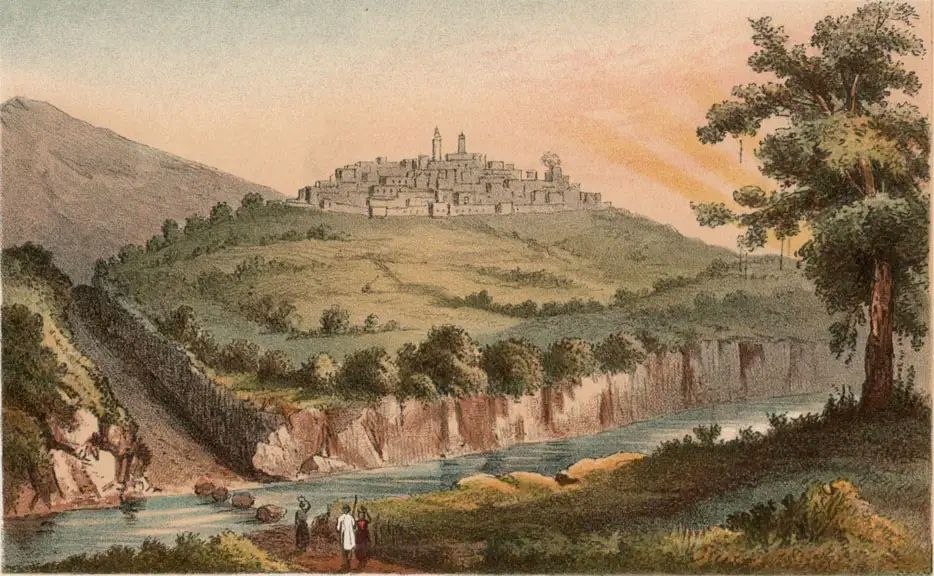Harar, the fourth largest city in Islam after Mecca, Medina and Jerusalem, held a magical attraction for the French poet Arthur Rimbaud (1854-1891). Shortly before his early death, this restless adventurer decided to settle there after years of wandering through France, Belgium, England and Germany with his friend Paul Verlainen (1844-1896).
Thus, the poet followed the example of another European who was the first to set foot in the mysterious city. Until the 19th century, Harar was an important crossroads of trade routes to the East, Arabia and India, but it was forbidden to Christians. Nevertheless, the British explorer Richard Francis Burton (1821-1890) managed to conquer its sacred and impressive city walls.
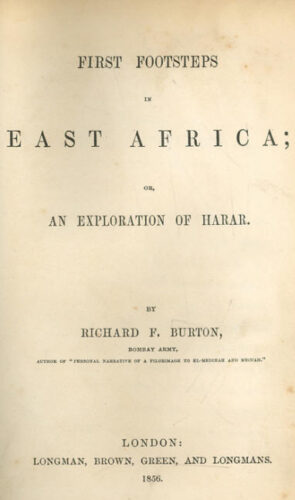
Richard Burton was an unruly boy who drove his parents and teachers to despair with his unpredictable behavior and cheeky pranks. In short, he had a rebellious nature, resisted all forms of discipline and rebelled against Victorian society and its imperialism.
At the age of 21 he had to leave Trinity College, Oxford and was more or less forced to enlist in the colonial army. It turned out surprisingly well. During his military service in India, he stood out for his bravery in battle and his ability to speak many languages. The latter gift was manifested in the fact that he managed to make himself understood in 29 languages and 11 dialects. These included European languages, but he also spoke Arabic fluently and learned Hindi surprisingly quickly. Also, he was very good at impersonating people, so he was sent in disguise to carry out espionage missions. In a hostile area, he effortlessly managed to blend in completely unnoticed with the native population. He finally left the military service after seven years to seek a new adventure.
In 1853, Burton became the first non-Muslim European to arrive in Mecca dressed as an Oriental merchant. There he became familiar with Islamic morals and customs in a few months before being assigned to a dangerous mission by the British Royal Geographical Society. He had to accurately map the coastal areas of East Africa so that the British could include this area in their trade network in the future.
Due to his ambition and interest in the occult, he wanted to include the city of Harar in his itinerary at all costs. As he later wrote in his texts, he wanted above all to succeed in what no one had yet achieved before him, namely to be the first European to penetrate this mysterious city. His other personal motivation was the search for Harari’s spirituality. He wanted to unravel the riddle of Sufism recognized there.
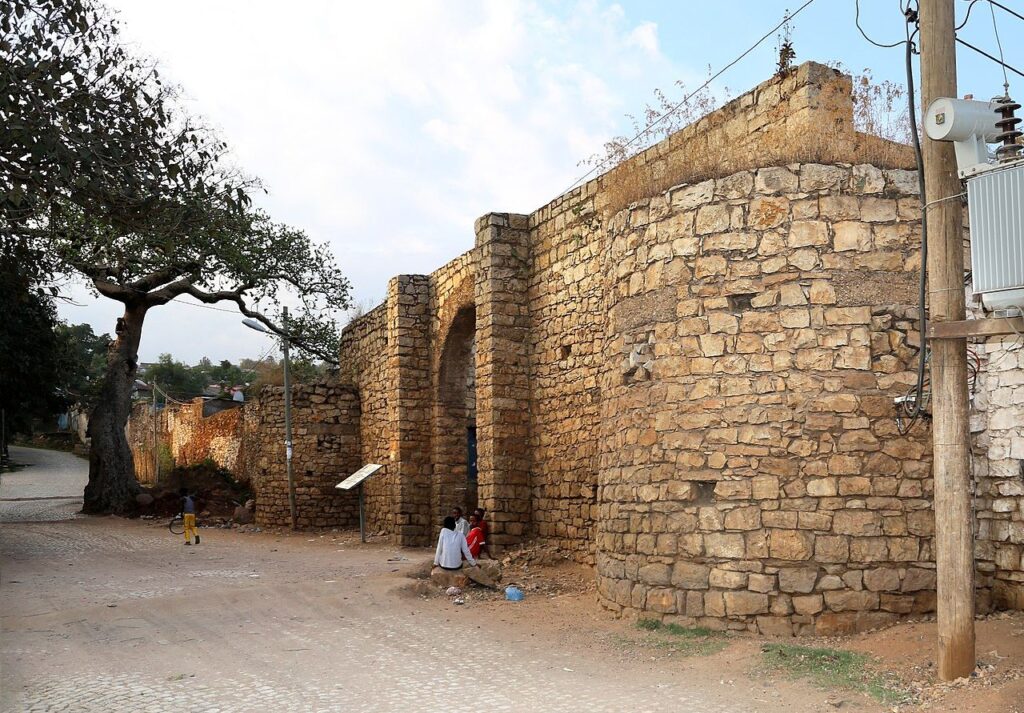

In late 1854, Burton landed on the coast of Somalia and waited there until the road to Harar was somewhat safe to travel. He used this time to assemble a traveling party that would give the impression of a small merchant wagon. He again disguised himself as an Arab merchant to enter Harar incognito. A few months later, the time came. After a long, difficult journey, he saw the city in the distance.
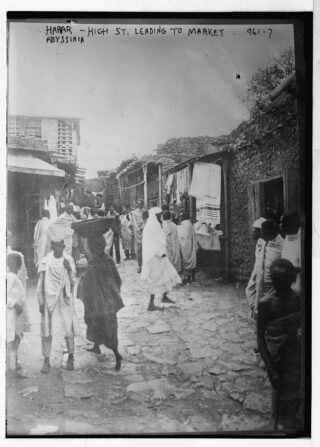

At the same time, however, he received the disturbing news that he had now been exposed. Spies had been following him for days and decided this was a cover operation. Burton then soberly concluded that he had only two options: risk death in Harar if his deception was discovered, or take a leap into the dark and enter the city dressed as a British agent. Burton chose the latter, removing his mask and introducing himself as the head of the diplomatic mission as he entered the city gate.
The Emir’s soldiers treated him with great respect and escorted him to the palace. Burton realized he was risking his life because the emir was known as a tyrannical, violent ruler. However, completely contrary to expectations, he was received with a smile. Burton convinced the emir of the sincerity of his mission and gathered information about Harar’s economy, history and society in several meetings. In addition, he was initiated into the secrets of Sufism.
Upon his return in 1856, Burton published a summary of his trip under the title First steps in East Africa. In addition to the detailed descriptions of a society hitherto unknown in the West, he handled the uncertain situations he experienced with a great sense of drama, which made it an exciting book.
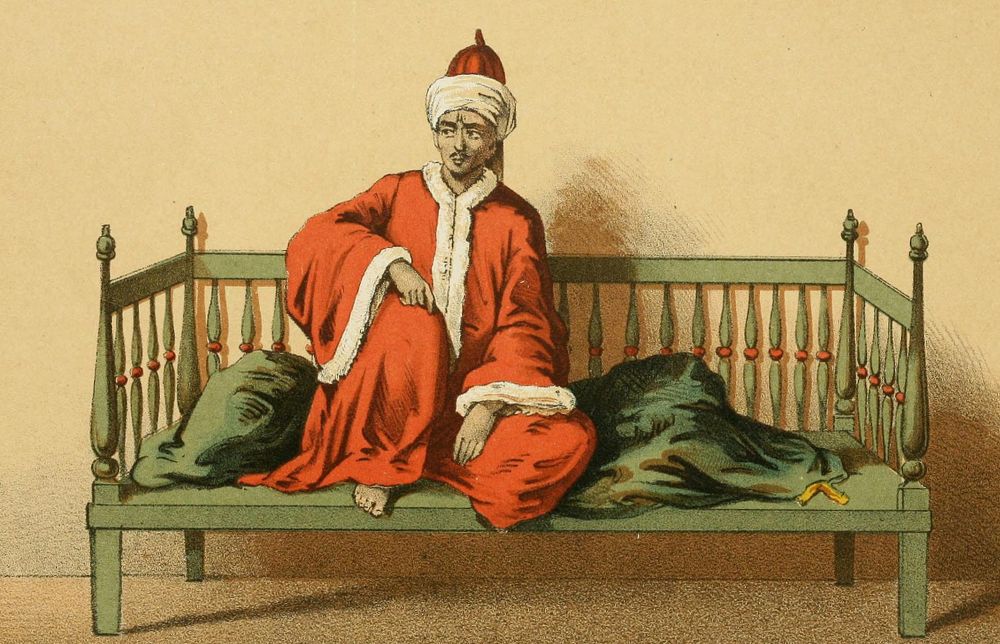

Among his numerous readers was Arthur Rimbaud. In 1882, he got the idea to travel to Harar and get rich there as an arms dealer. After almost ten years of hard and poor life, he returned to France ill and died there in 1891.
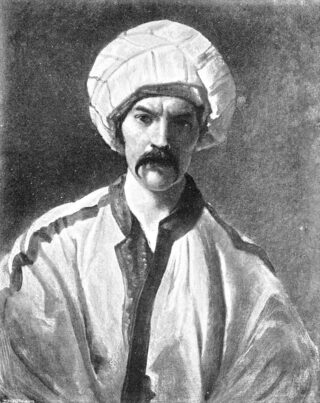

It was barely a year since the death of his great example, Richard Francis Burton. In 1856, together with John Hanning Speke (1827-1864), he had made a new attempt from Zanzibar in East Africa to find the source of the Nile. They discovered Lake Tanganyika, which Burton believed firmly fed the Nile. When Speke later reached Lake Victoria on his own, he mistook this for the true source, and the two fought out their conflict in meetings and correspondence. David Livingstone’s (1813-1873) famous expedition confirmed Speke’s findings and Burton achieved fame as the first European to discover forbidden City from Ethiopia.
Book: First steps in East Africa
Sources ▼

